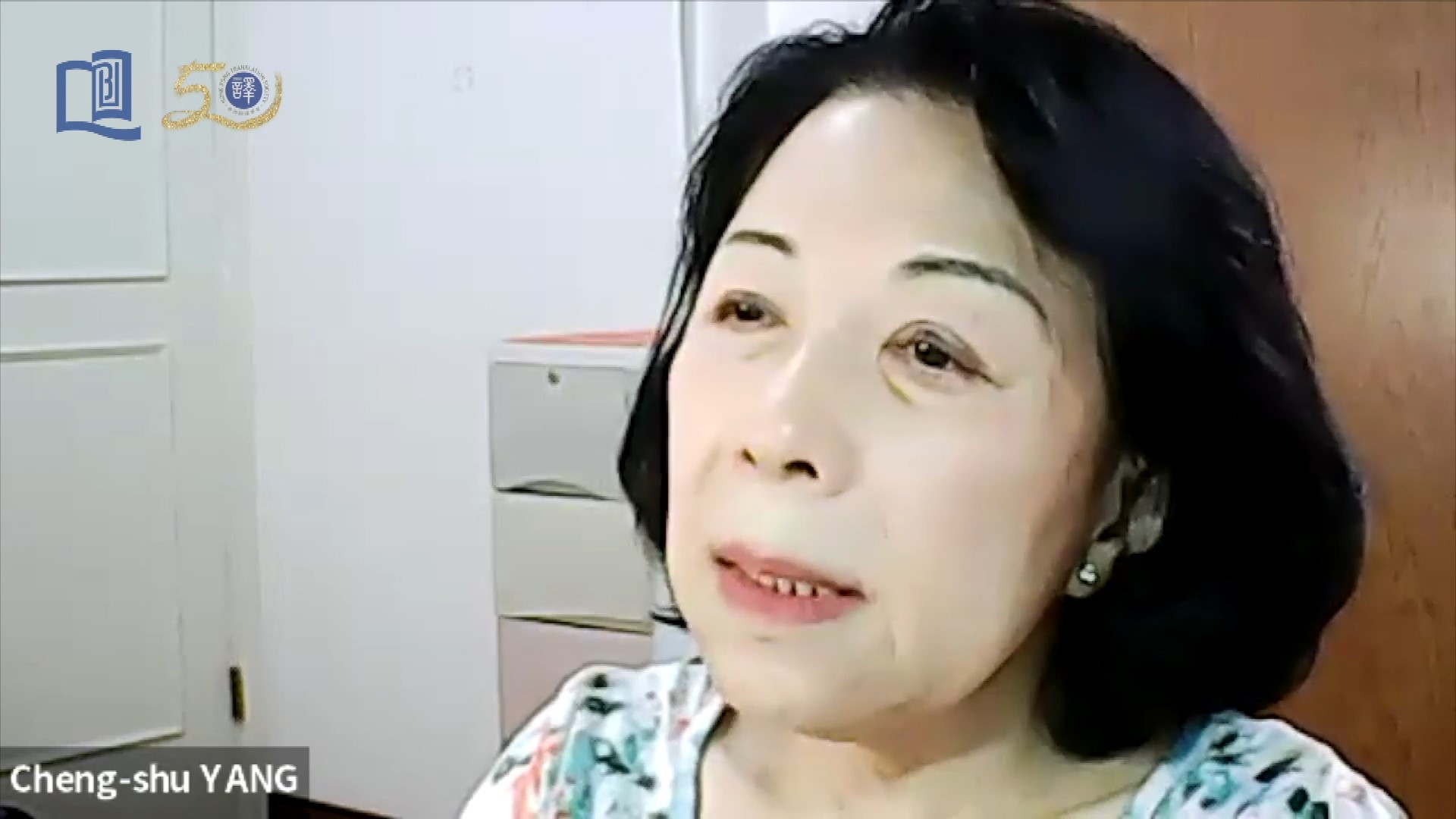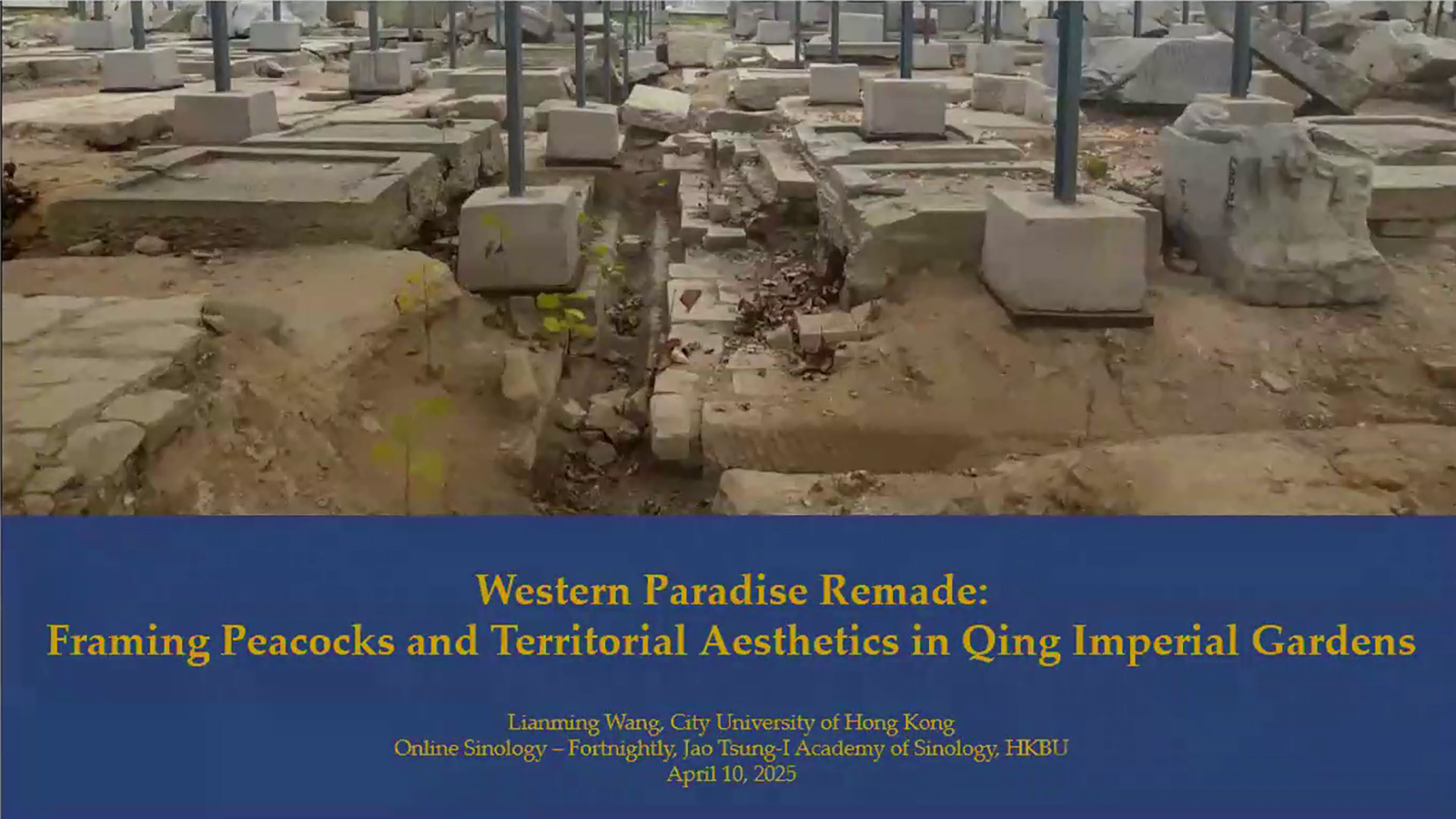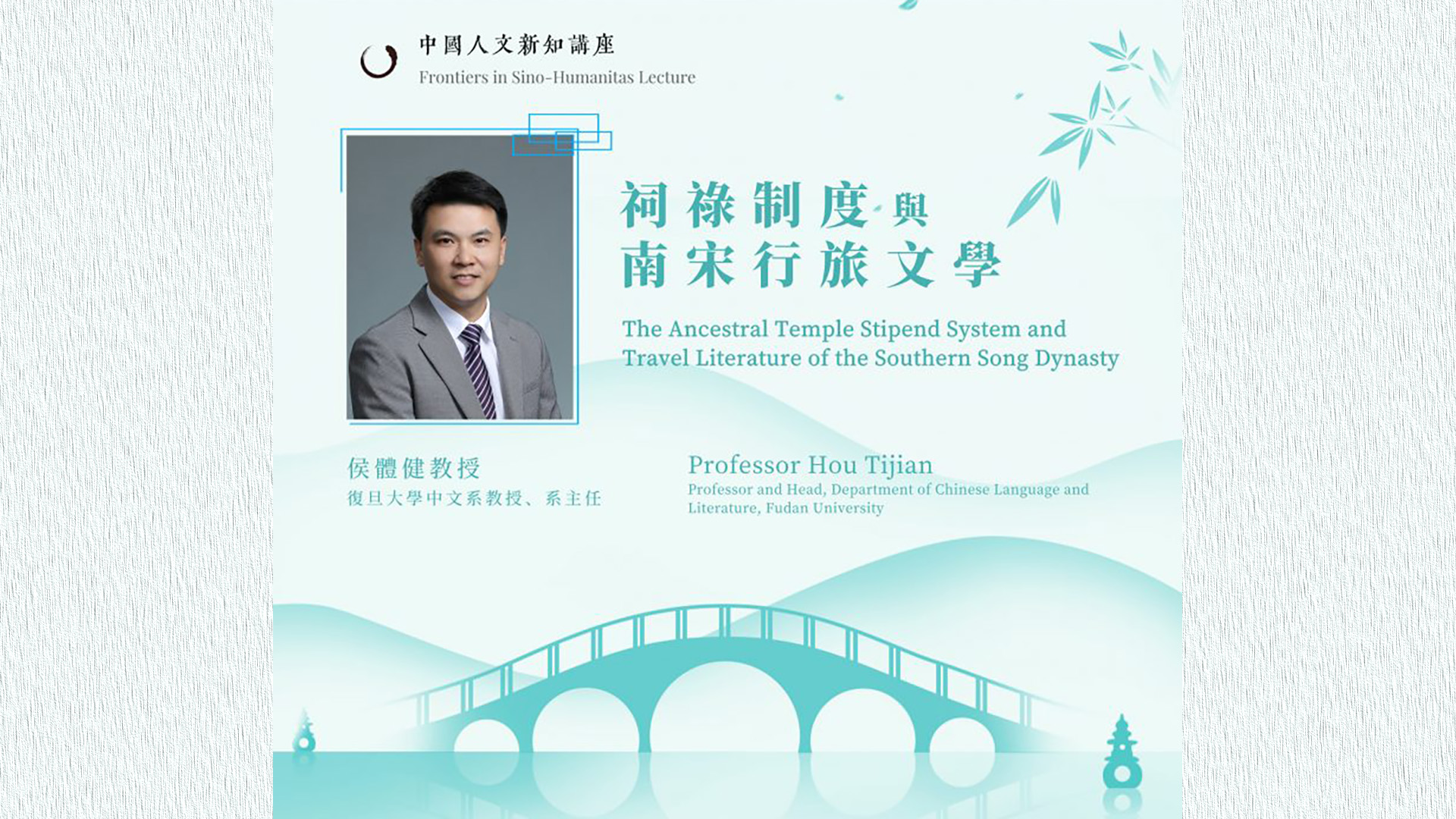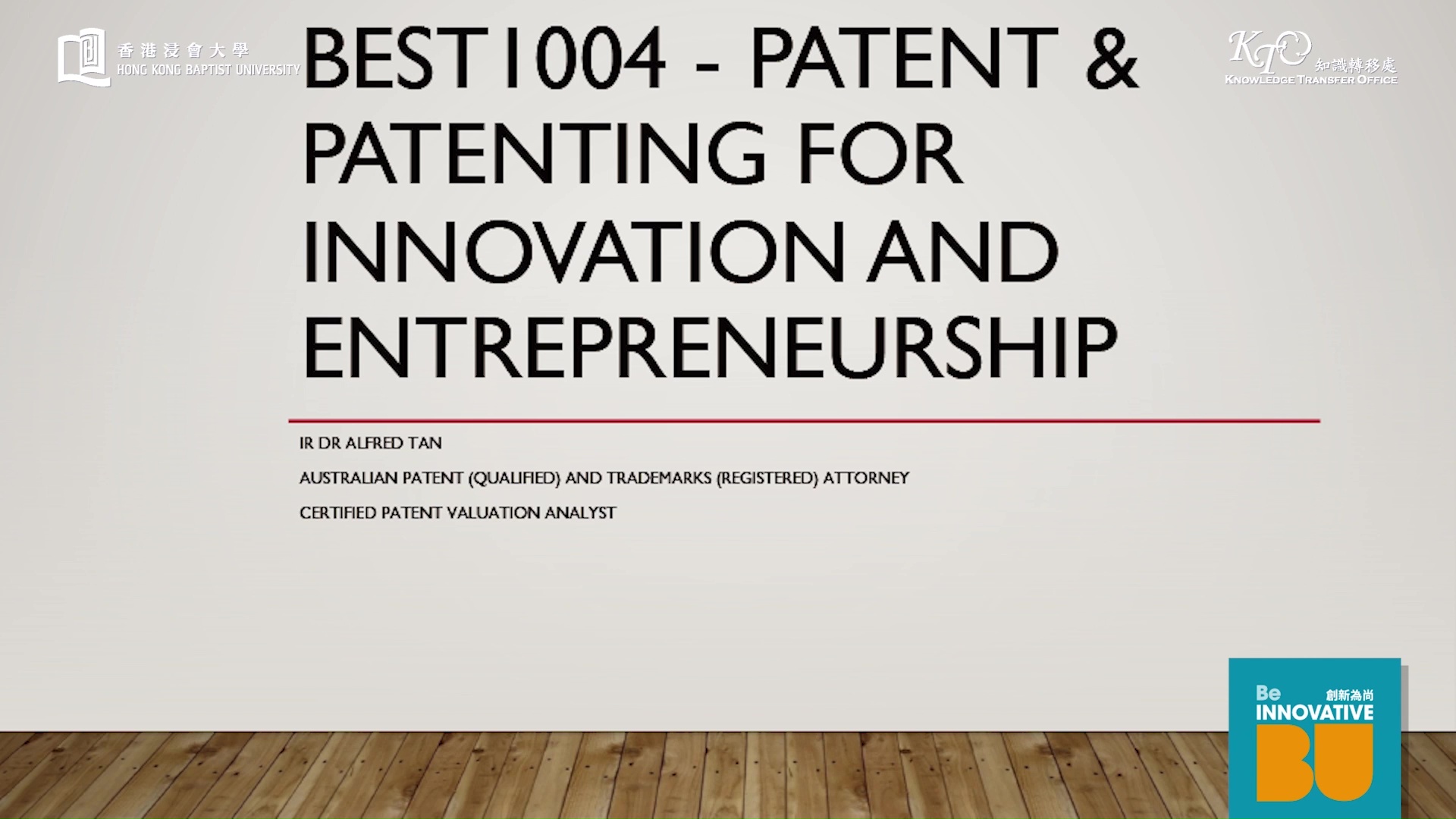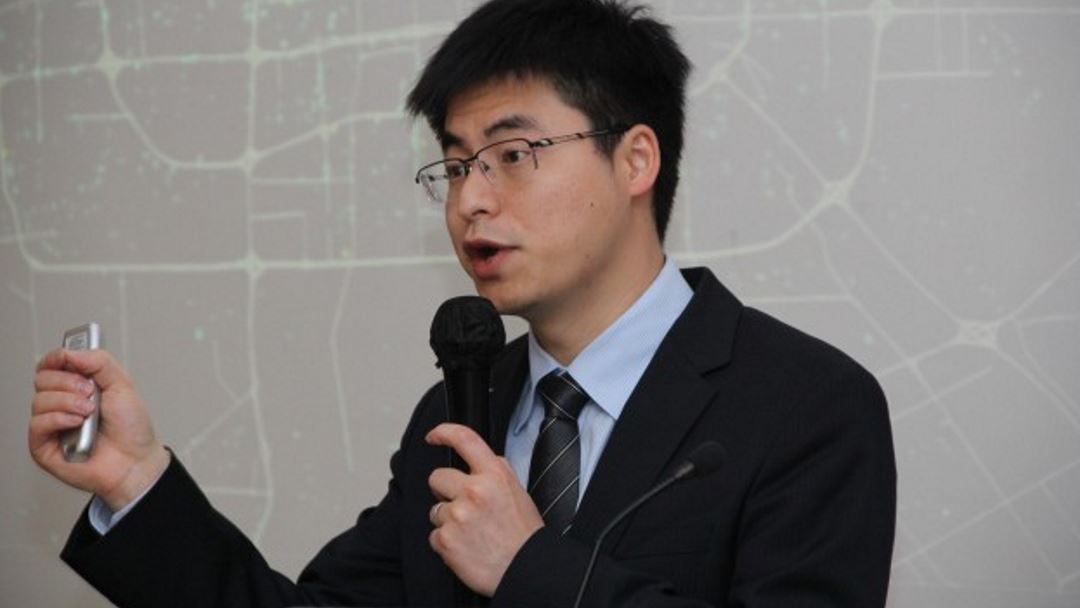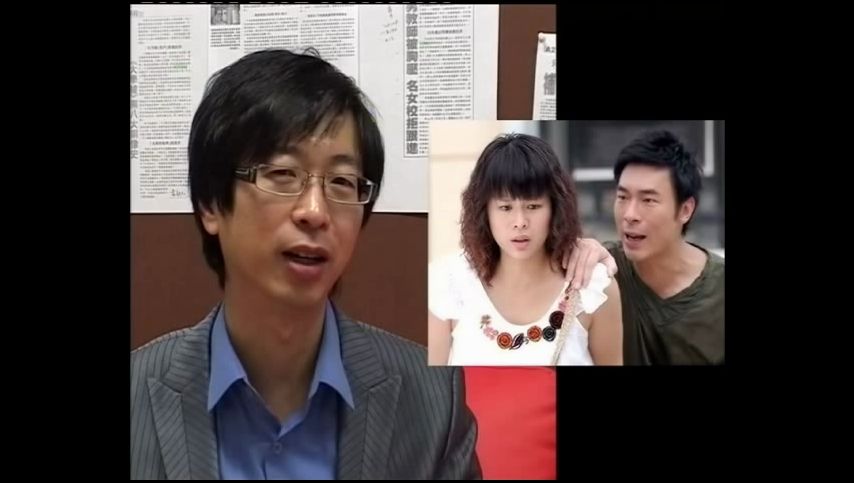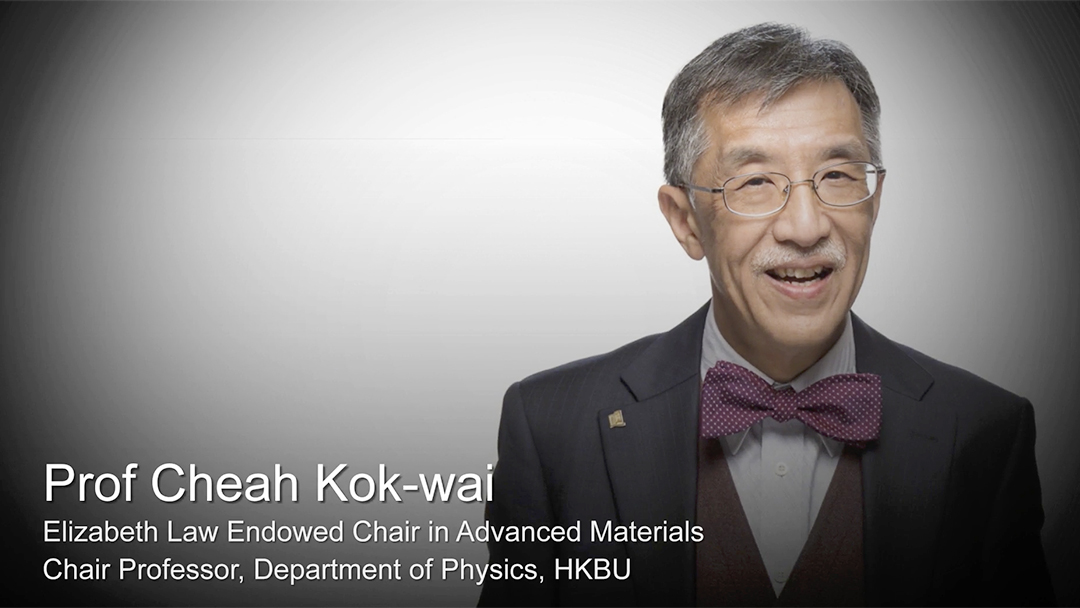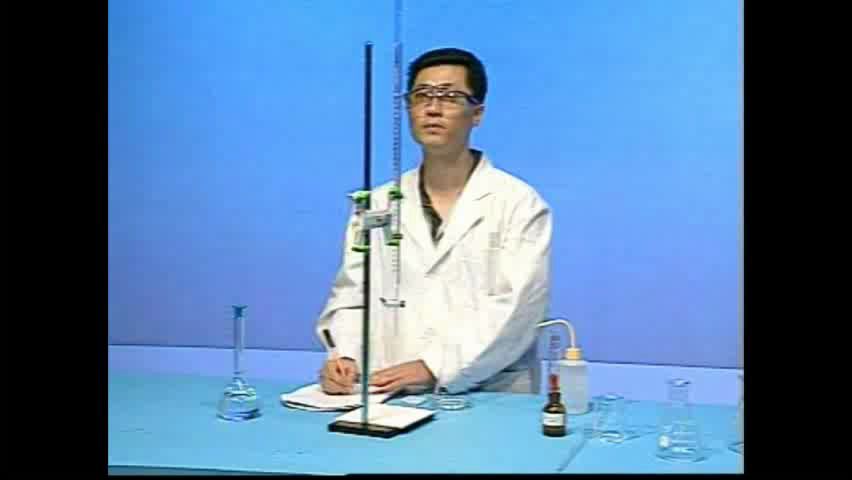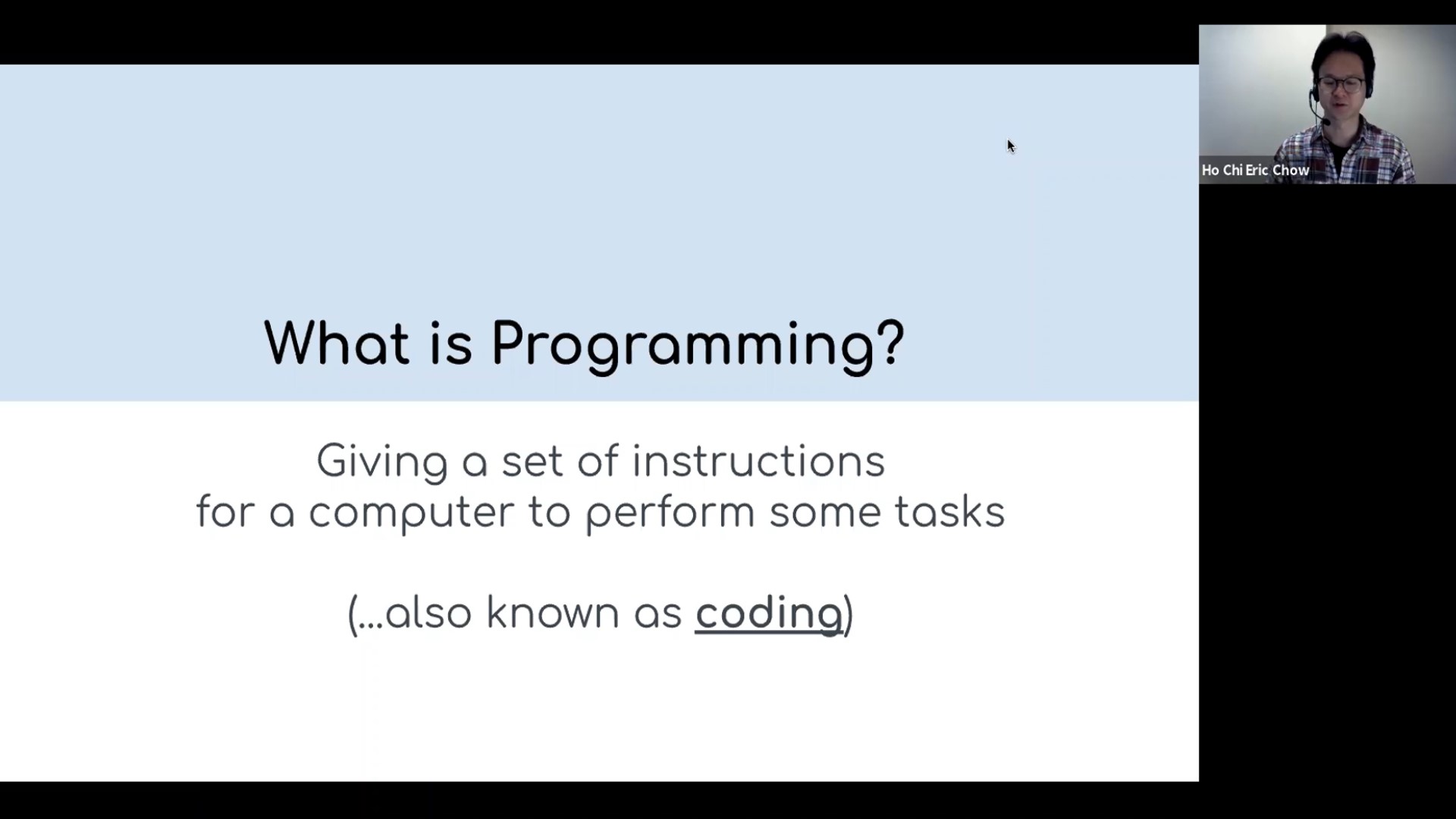New 最新上架
Top videos 最受歡迎
TV Programs 電視節目
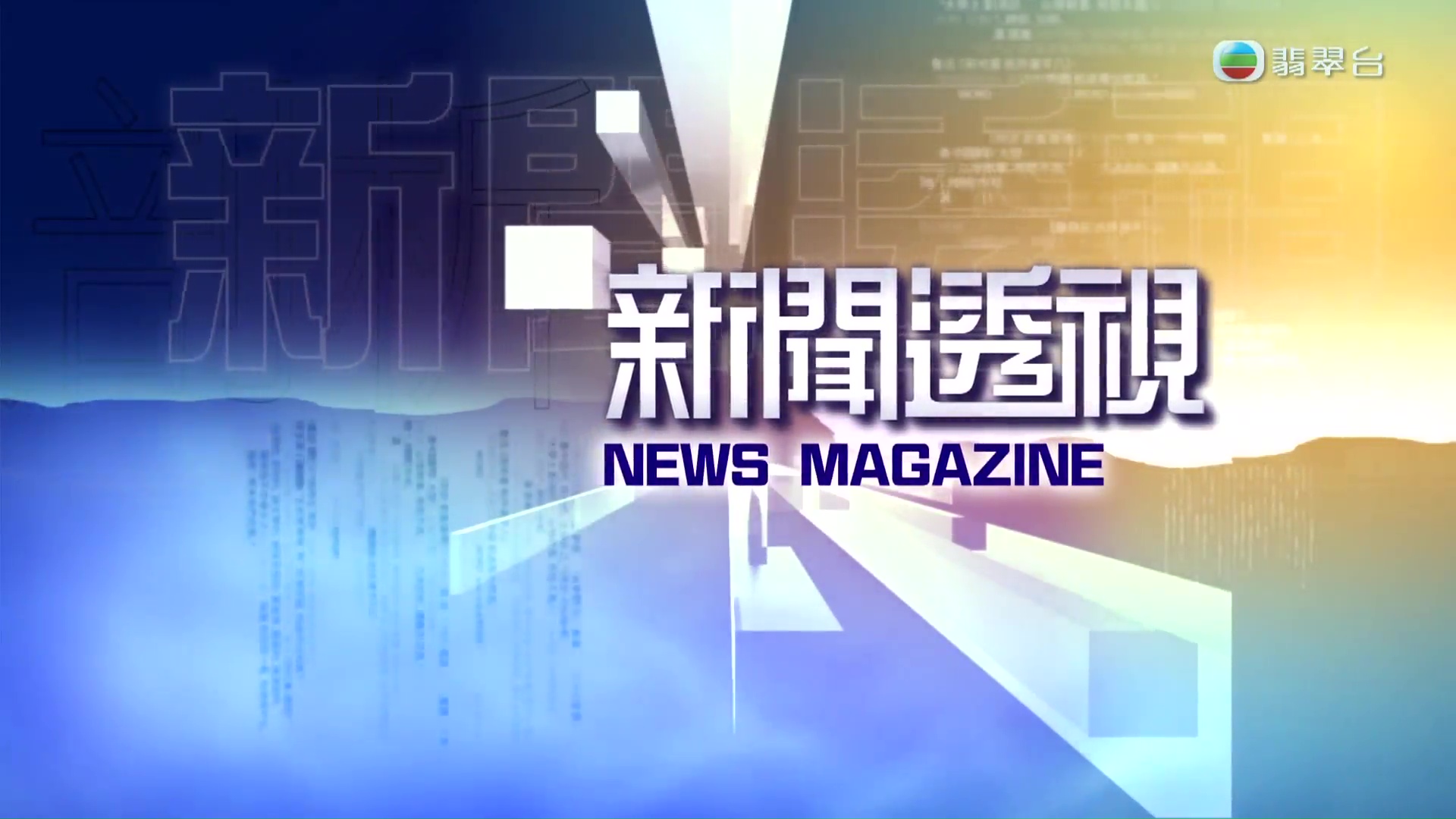
新聞透視
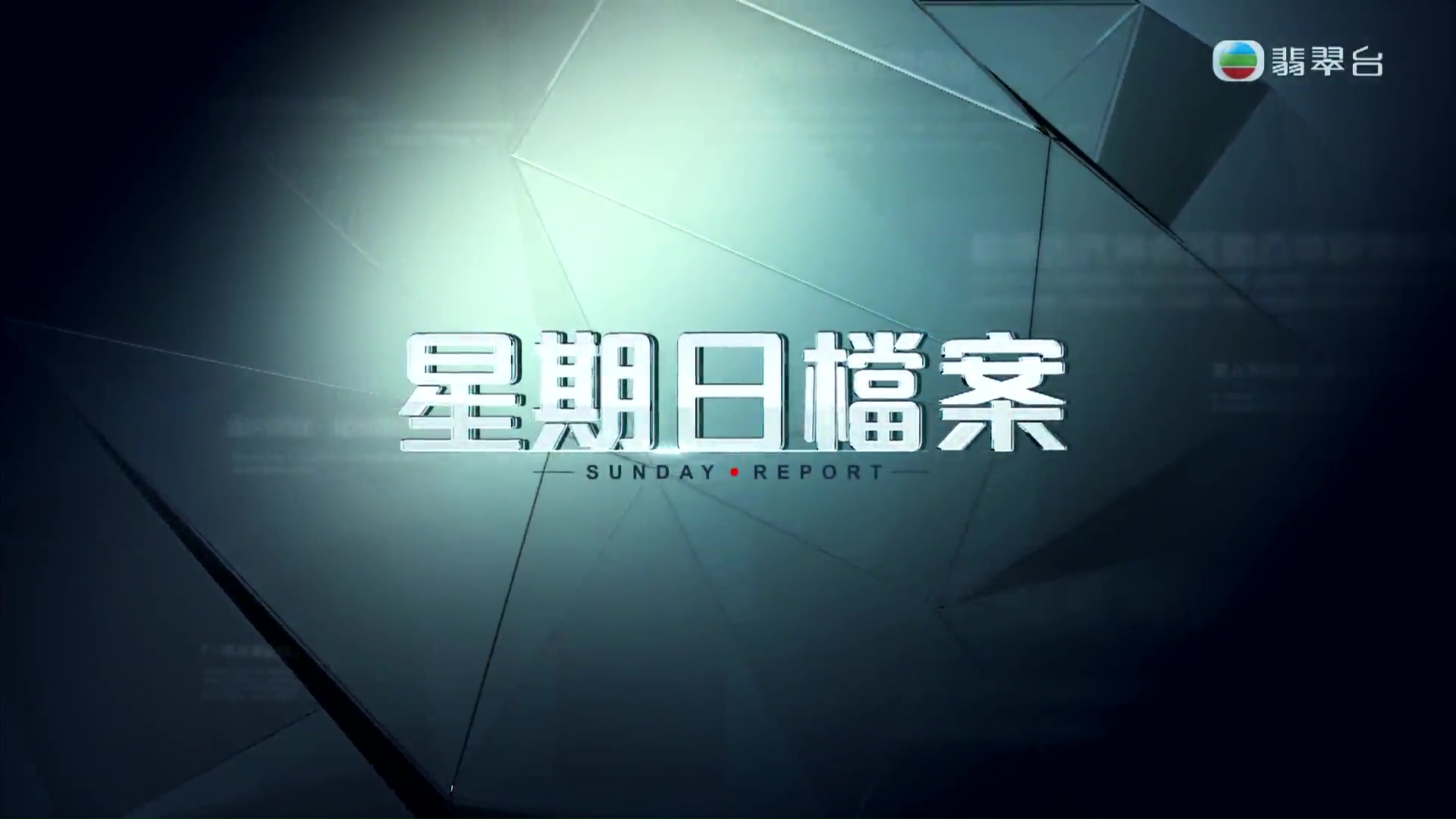
星期日檔案
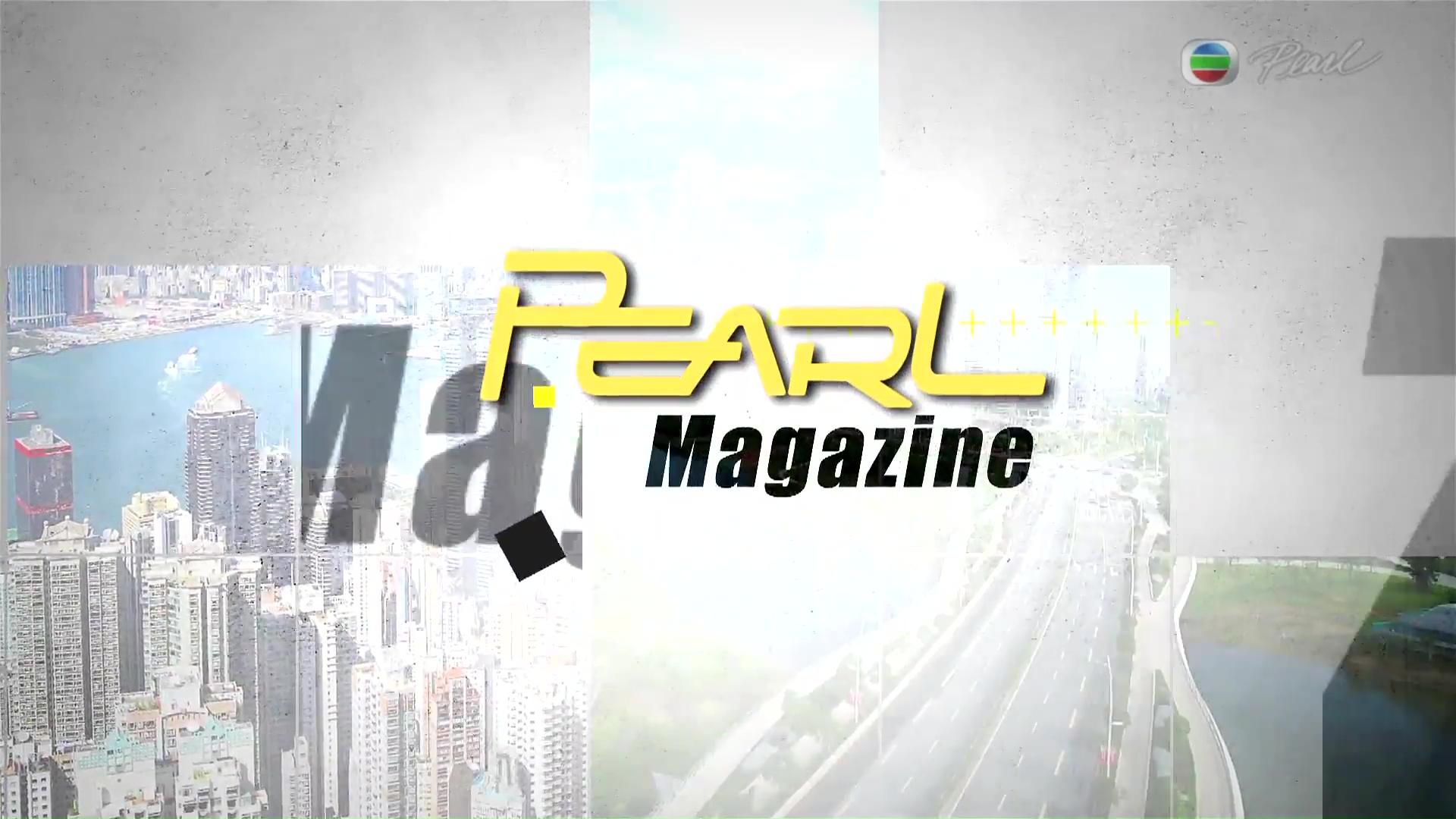
Pearl Magazine
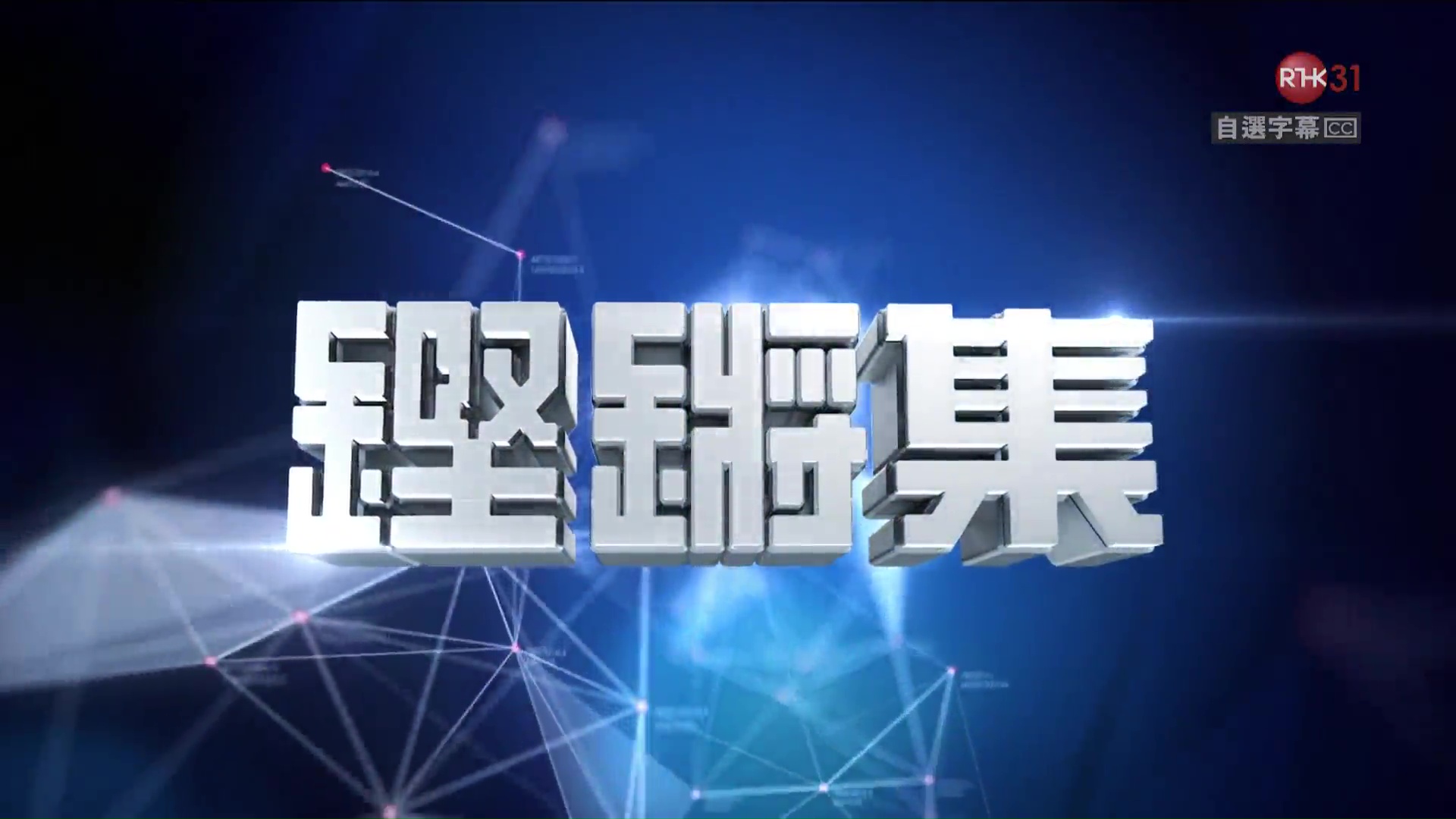
鏗鏘集
Scholarly Talks 學術論壇

Will AI Replace Professors?
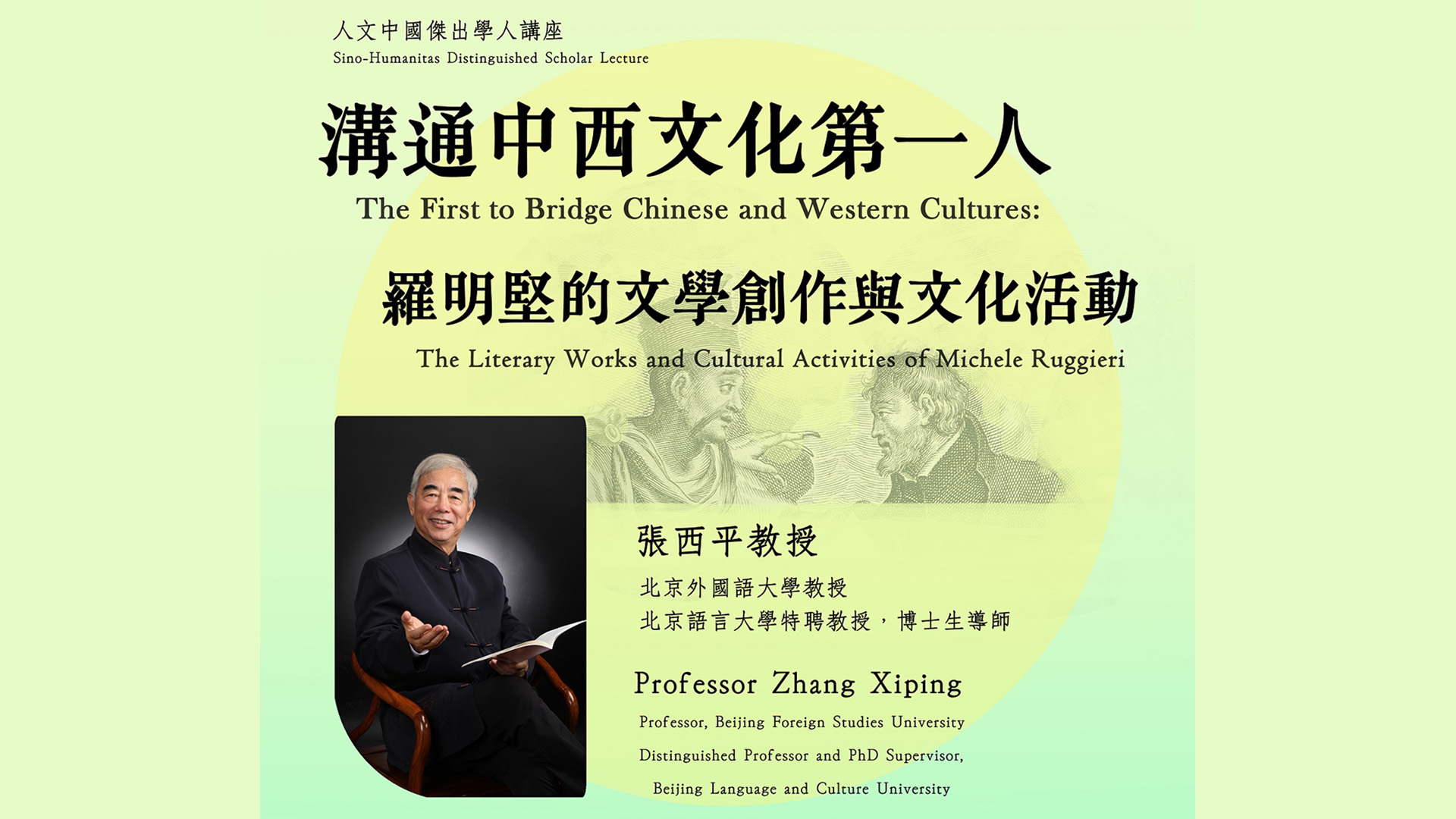
沟通中西文化第一人:罗明坚的文学创作与文化活动
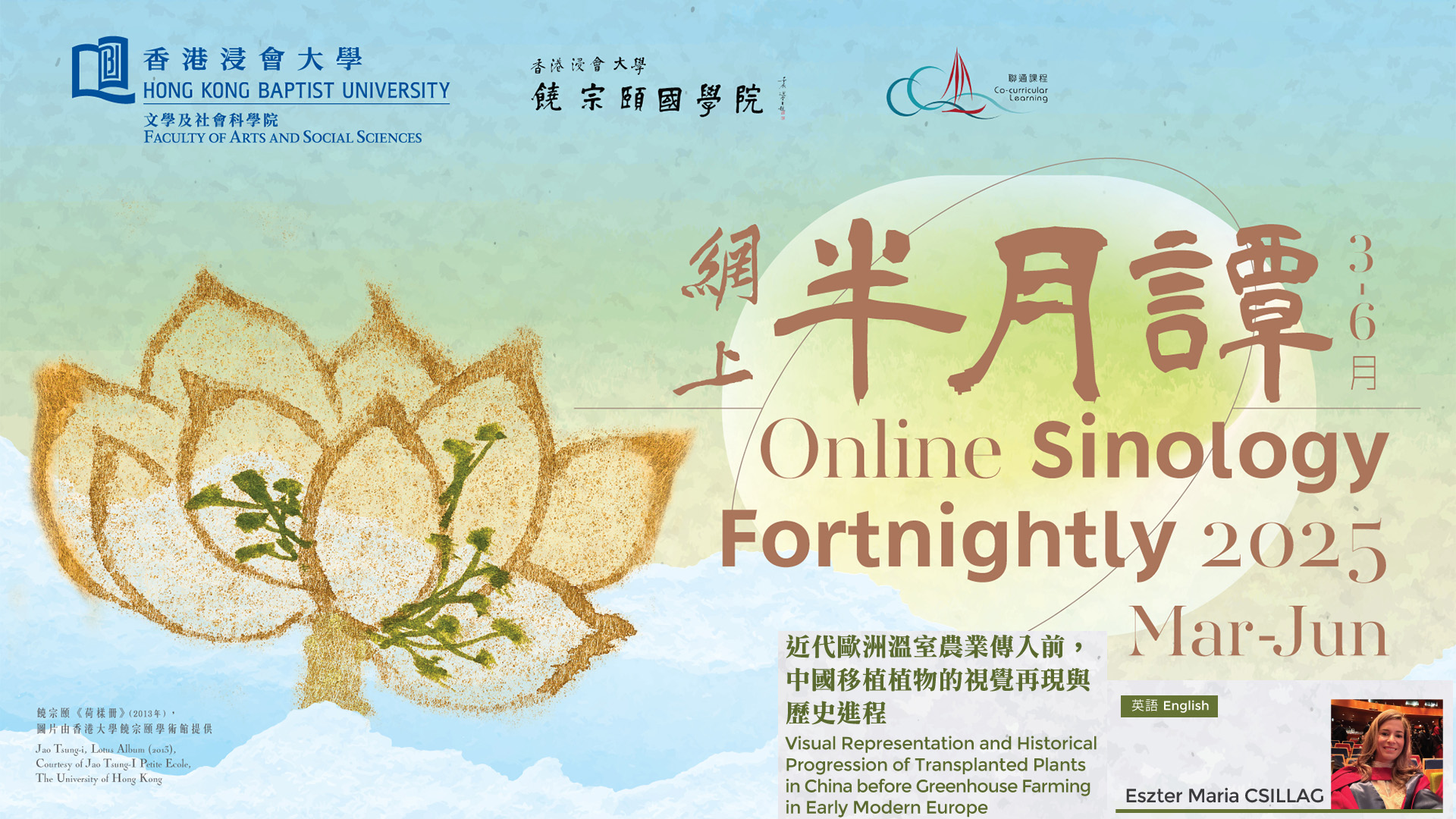
Visual Representation and Historical Progression of Transplanted Plants in China before Greenhouse Farming in Early Modern Europe

「文化魔鬼」和被遗忘的形状——也谈当代小说的叙述范式与意义抹去
Teaching Videos 教學影片
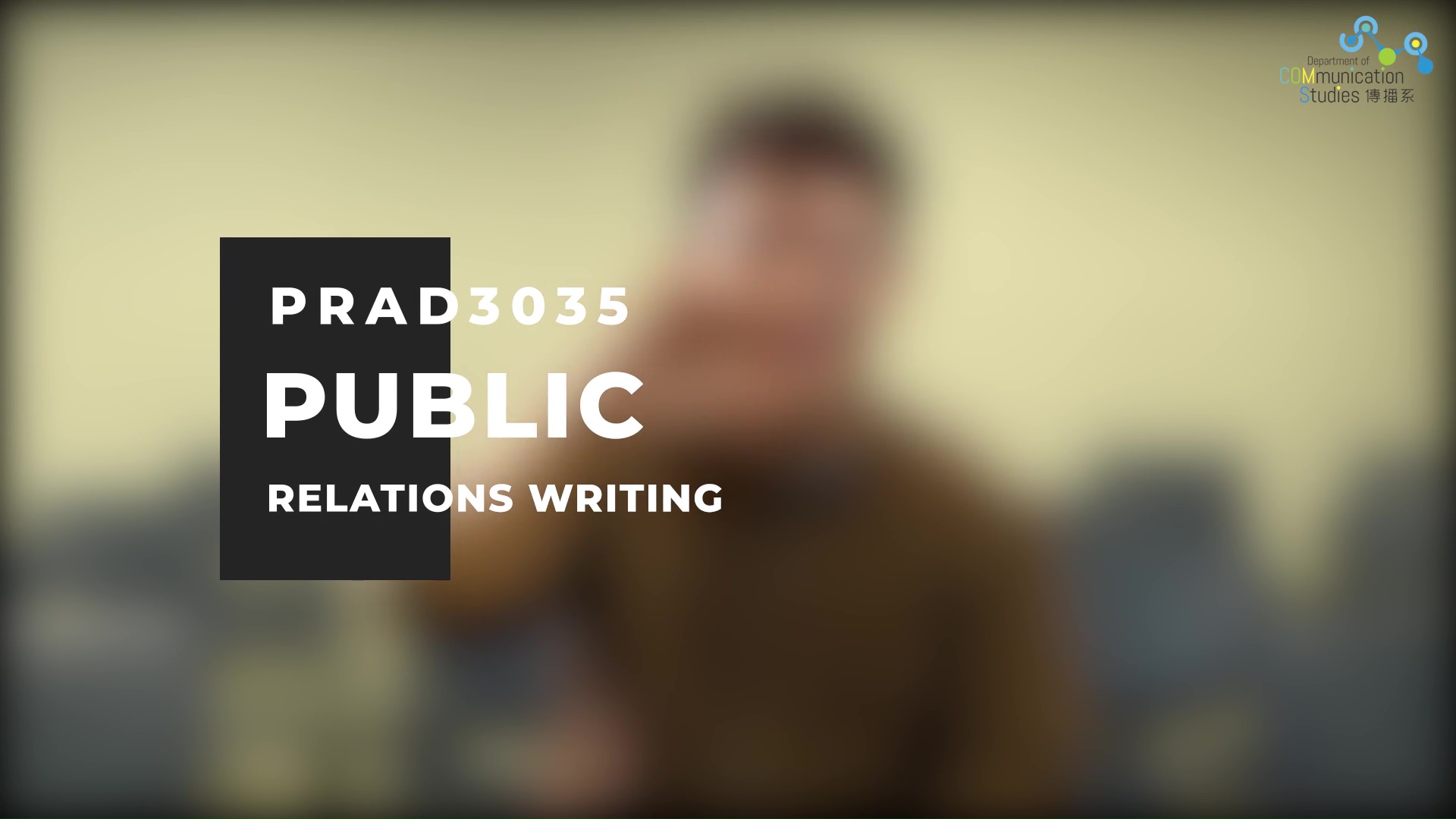
PRAD3035 Public Relations Writing
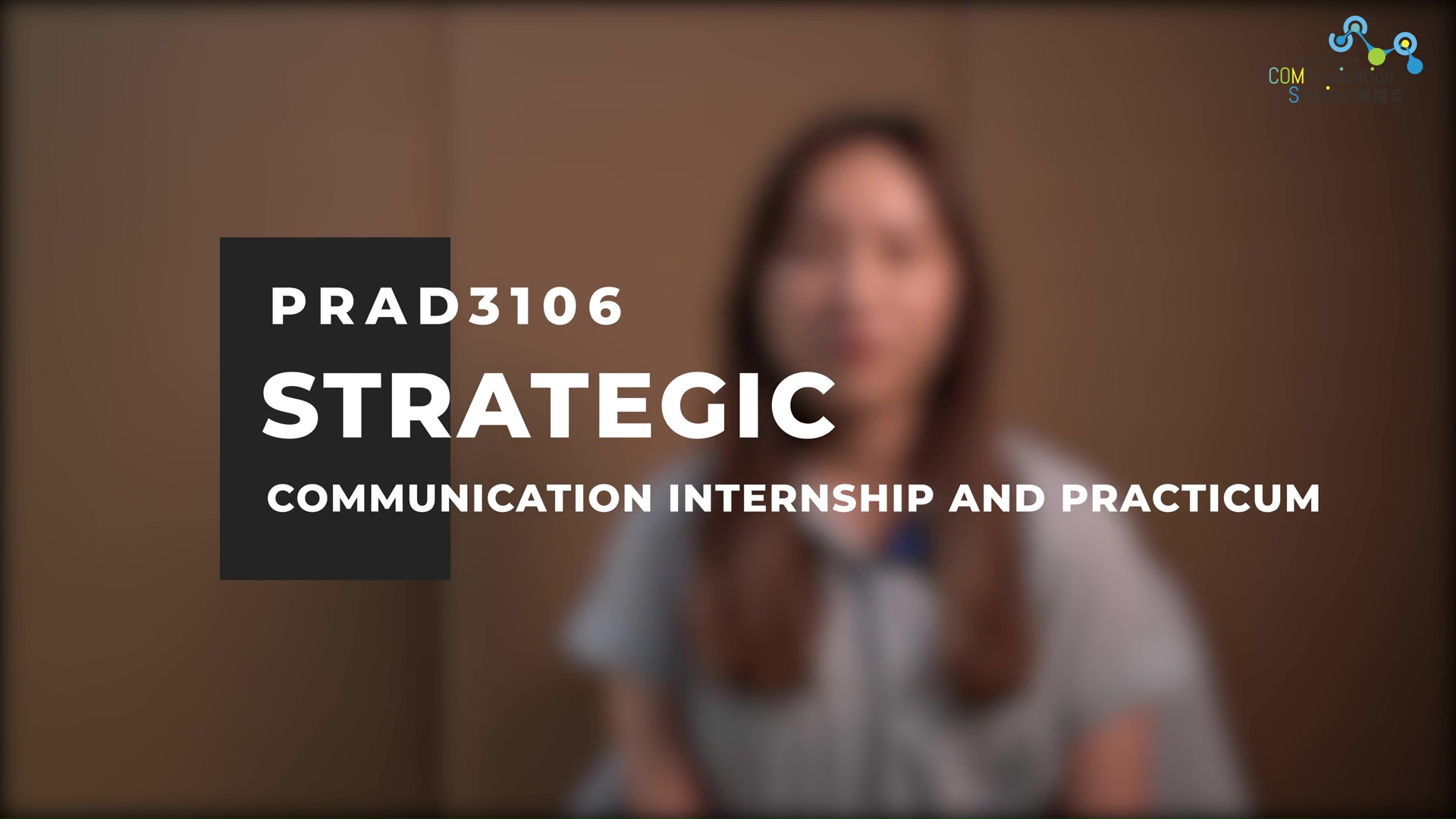
PRAD3106 Strategic Communication Internship and Practicum
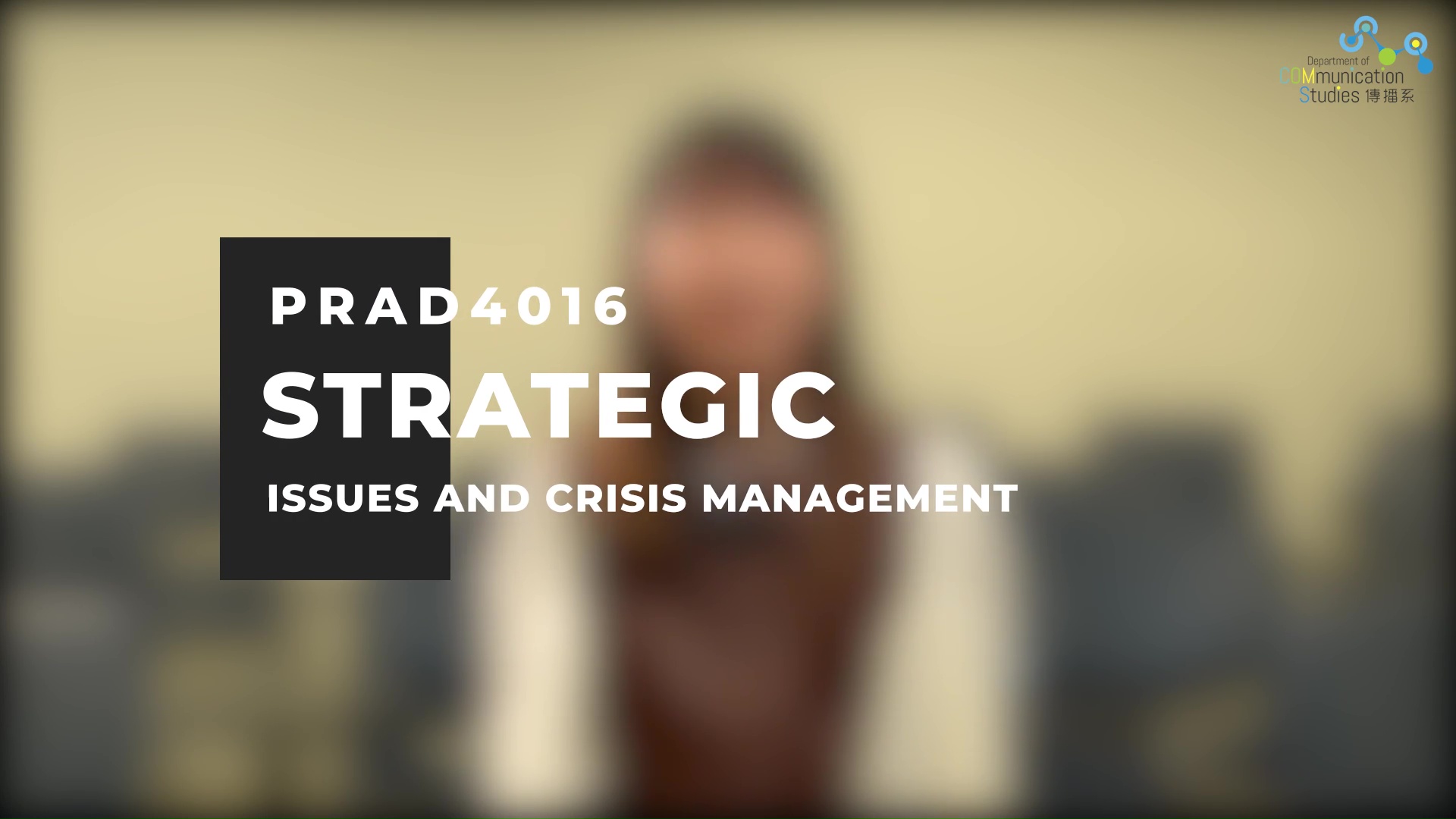
PRAD4016 Strategic Issues and Crisis Management
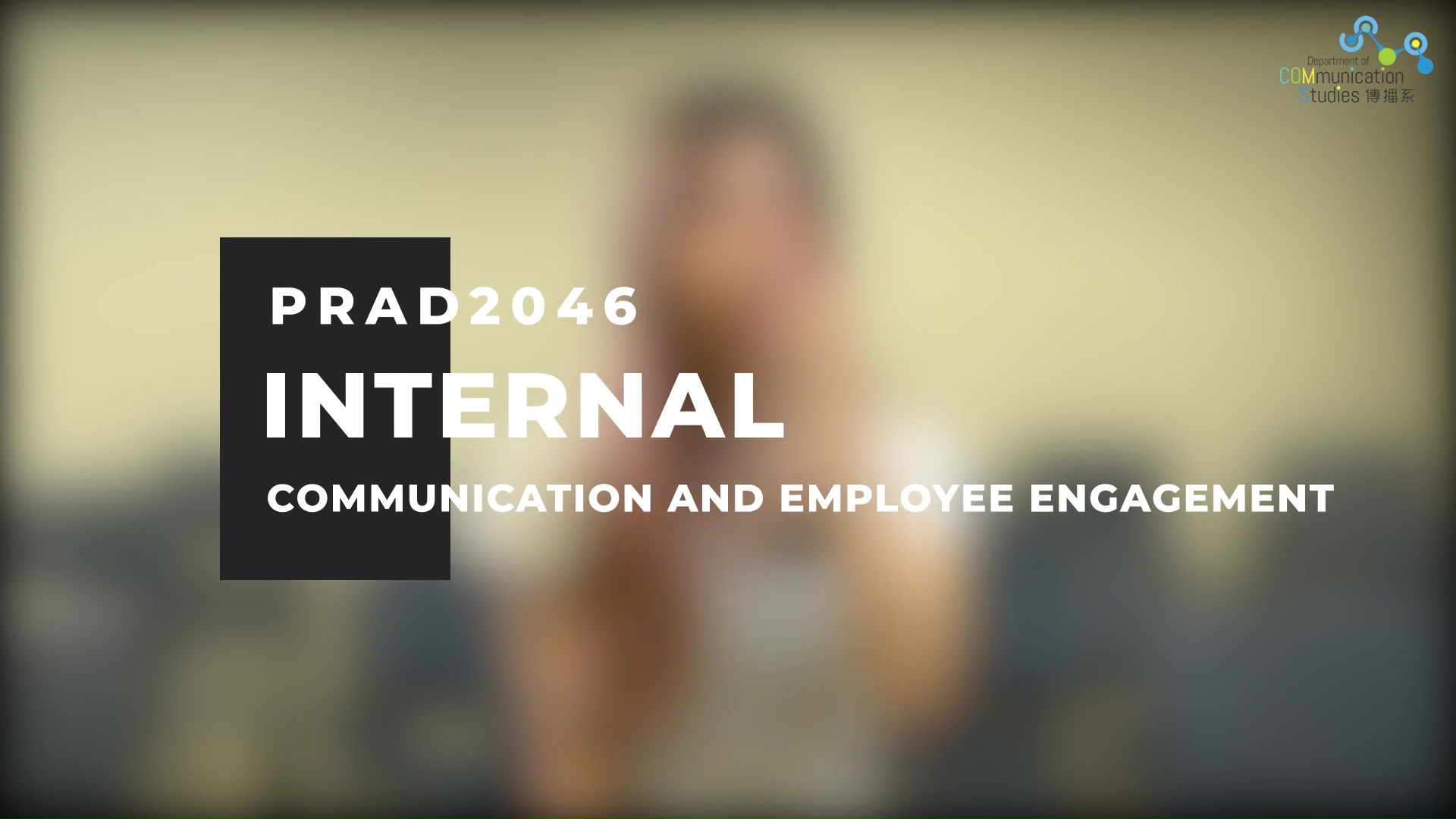
PRAD2046 Internal Communication and Employee Engagement
Digital Scholarship Grant Projects 數碼研究項目
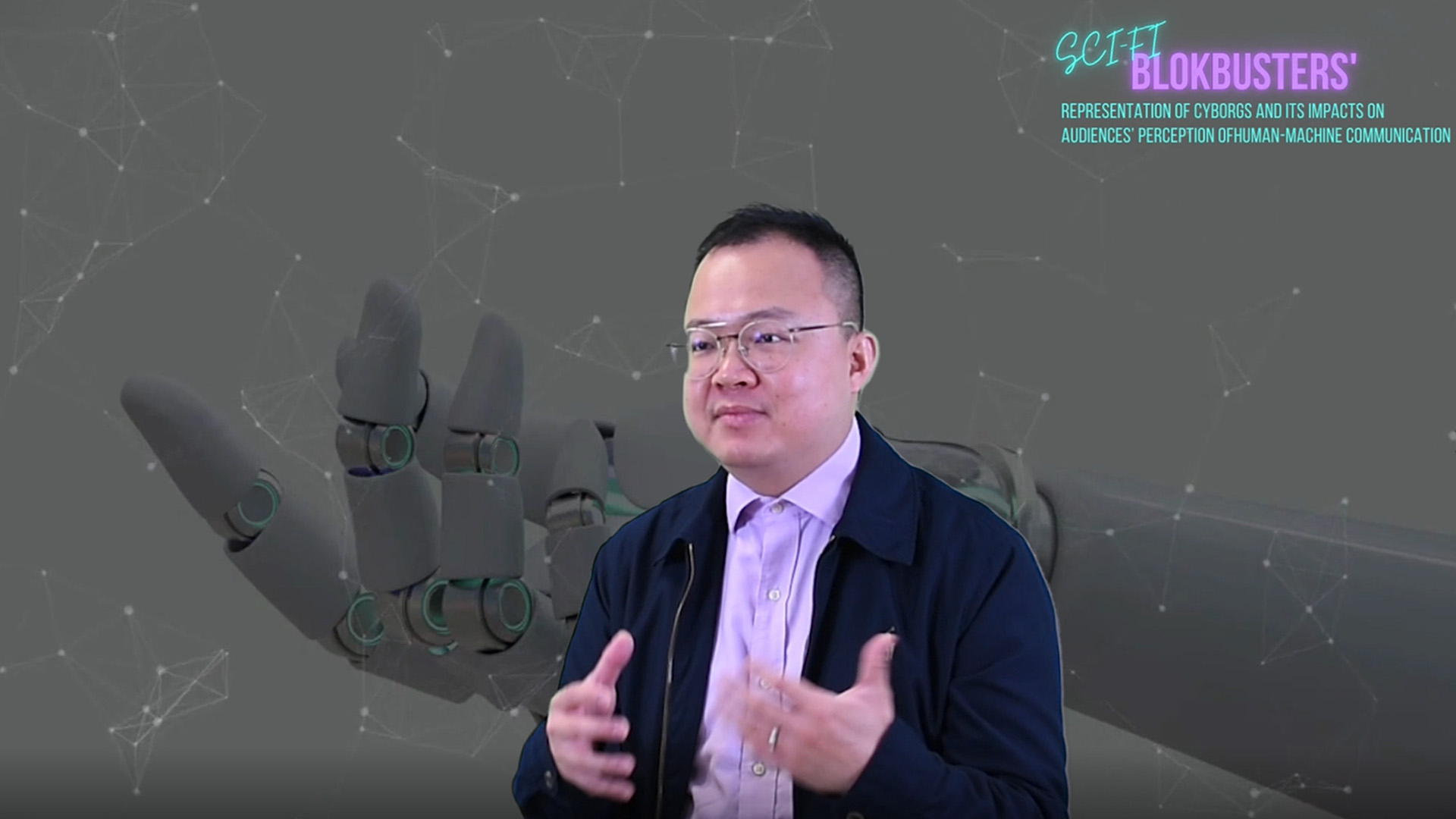
Digital Scholarship Grant Projects - Sci-fi Blockbusters' Representation of Cyborgs and its impacts on Audiences' Perception of Human-machine Communication
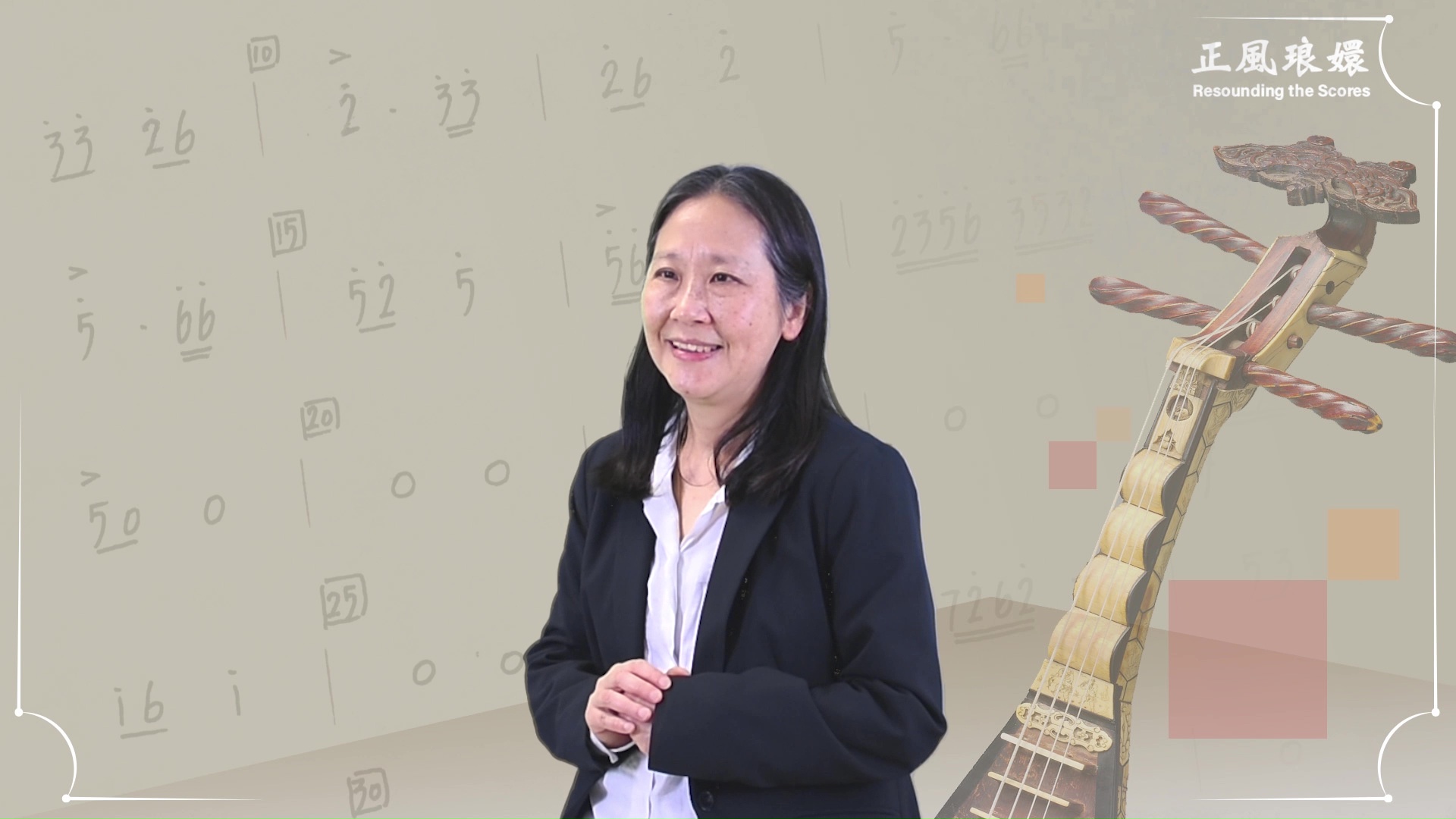
Digital Scholarship Grant Projects - 正風琅嬛 Resounding the Scores
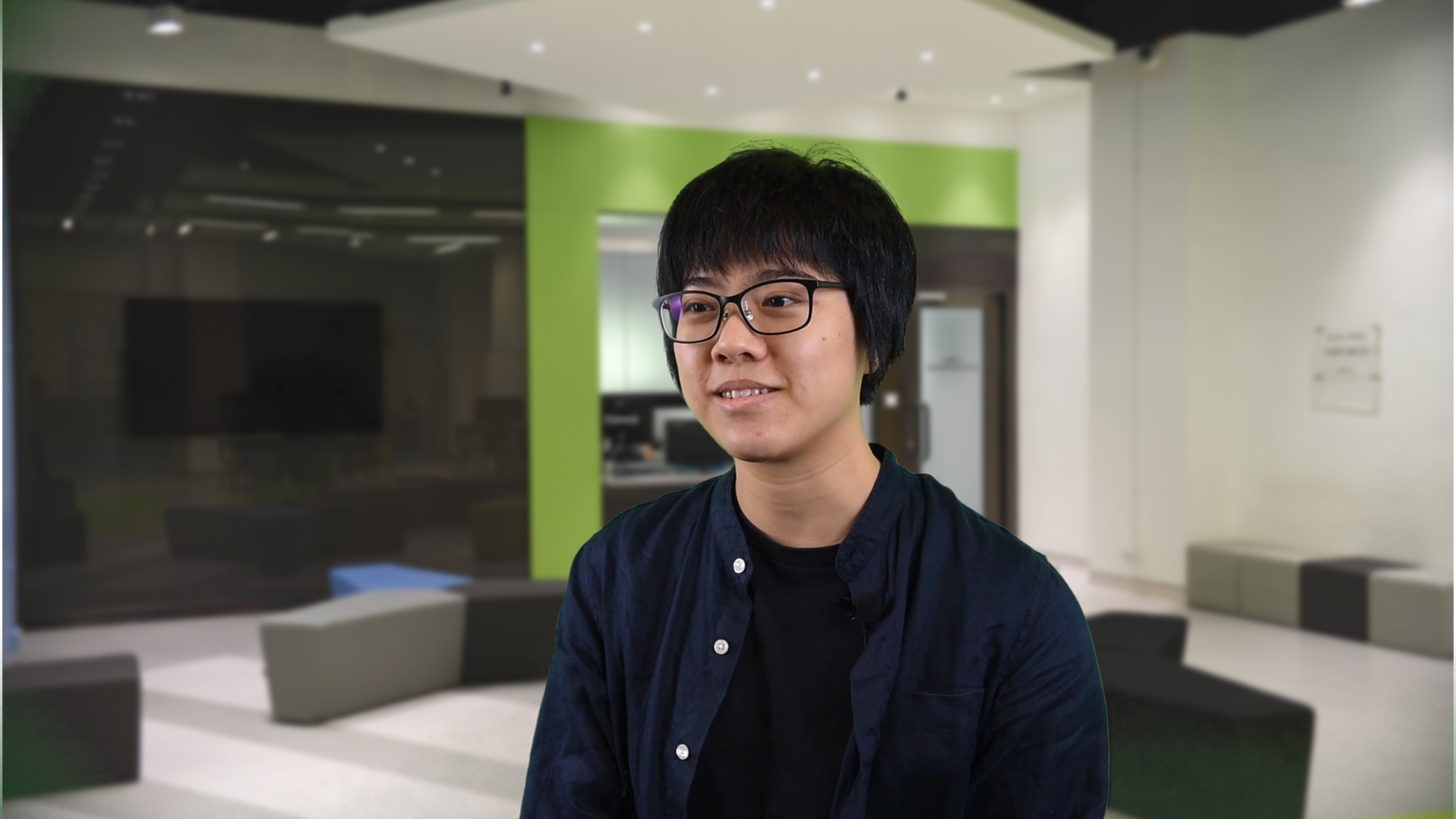
Digital Scholarship Grant Projects - Hong Kong Facebook News Analytics Dashboard
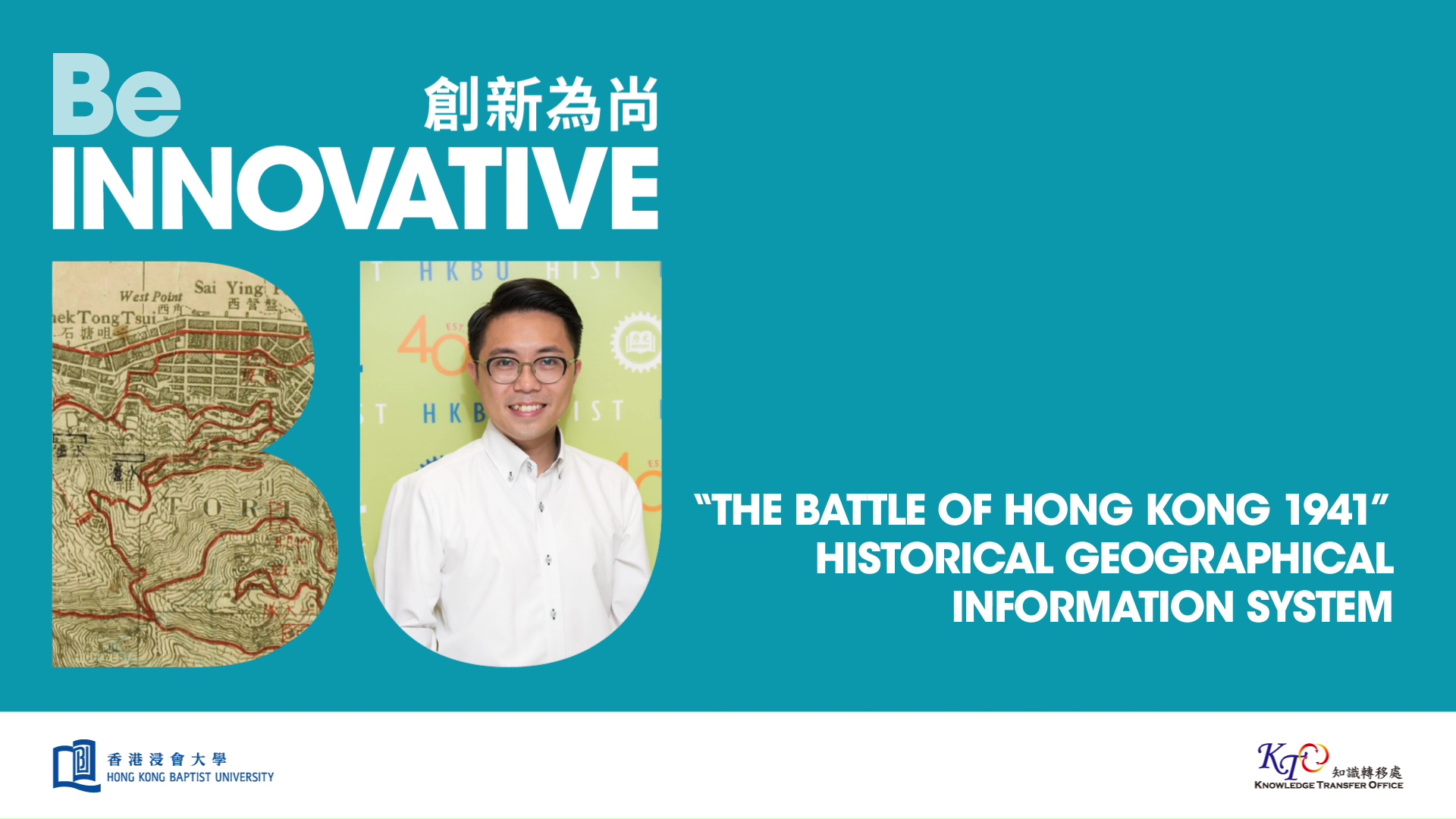
Digital Scholarship Grant Projects - The Battle of Hong Kong 1941: A Spatial History Project
Other videos 其他影片

Digital Scholarship Grant Projects - Sci-fi Blockbusters' Representation of Cyborgs and its impacts on Audiences' Perception of Human-machine Communication

Digital Scholarship Grant Projects - 正風琅嬛 Resounding the Scores
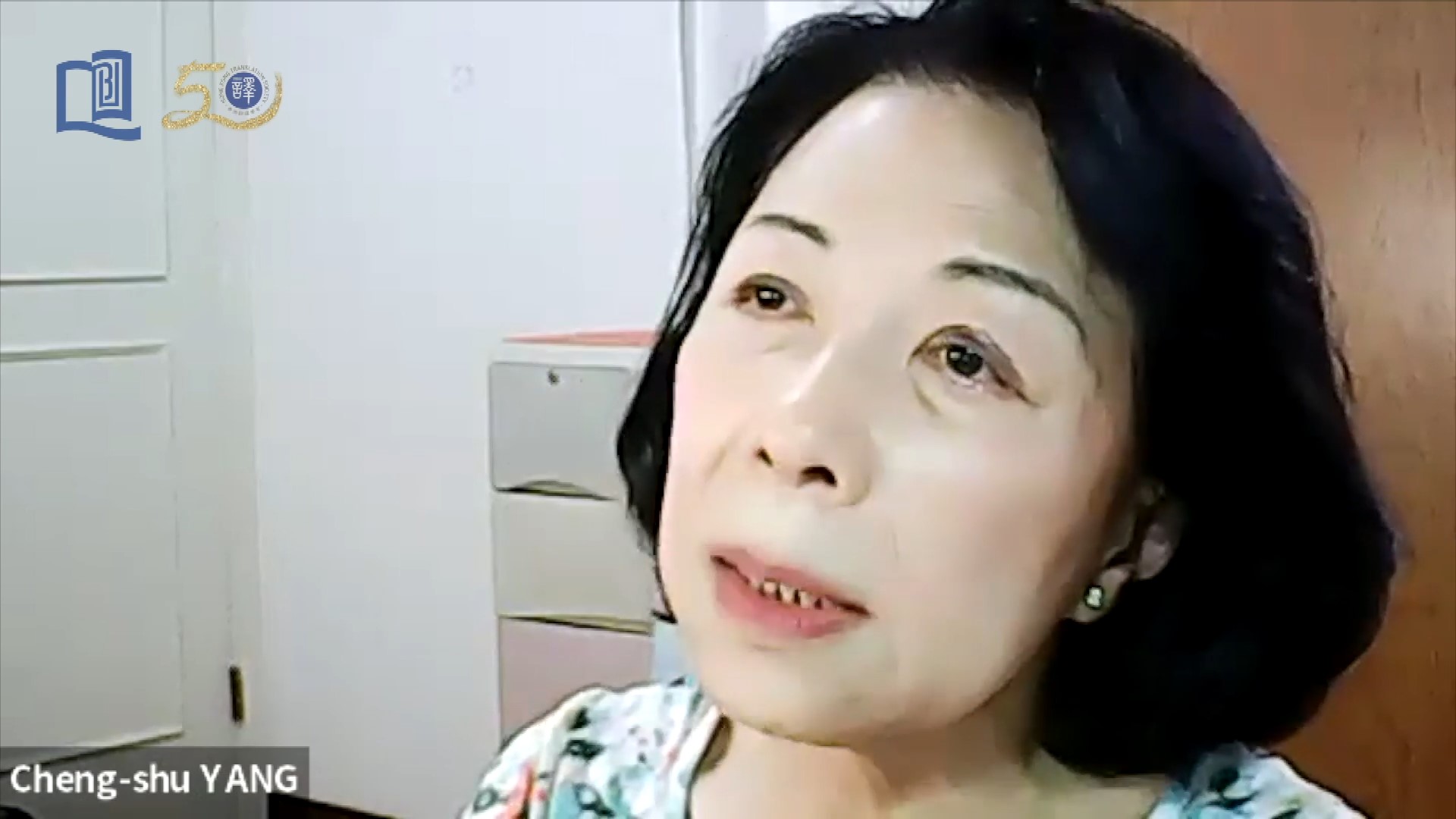
杨承淑教授专访:下篇
